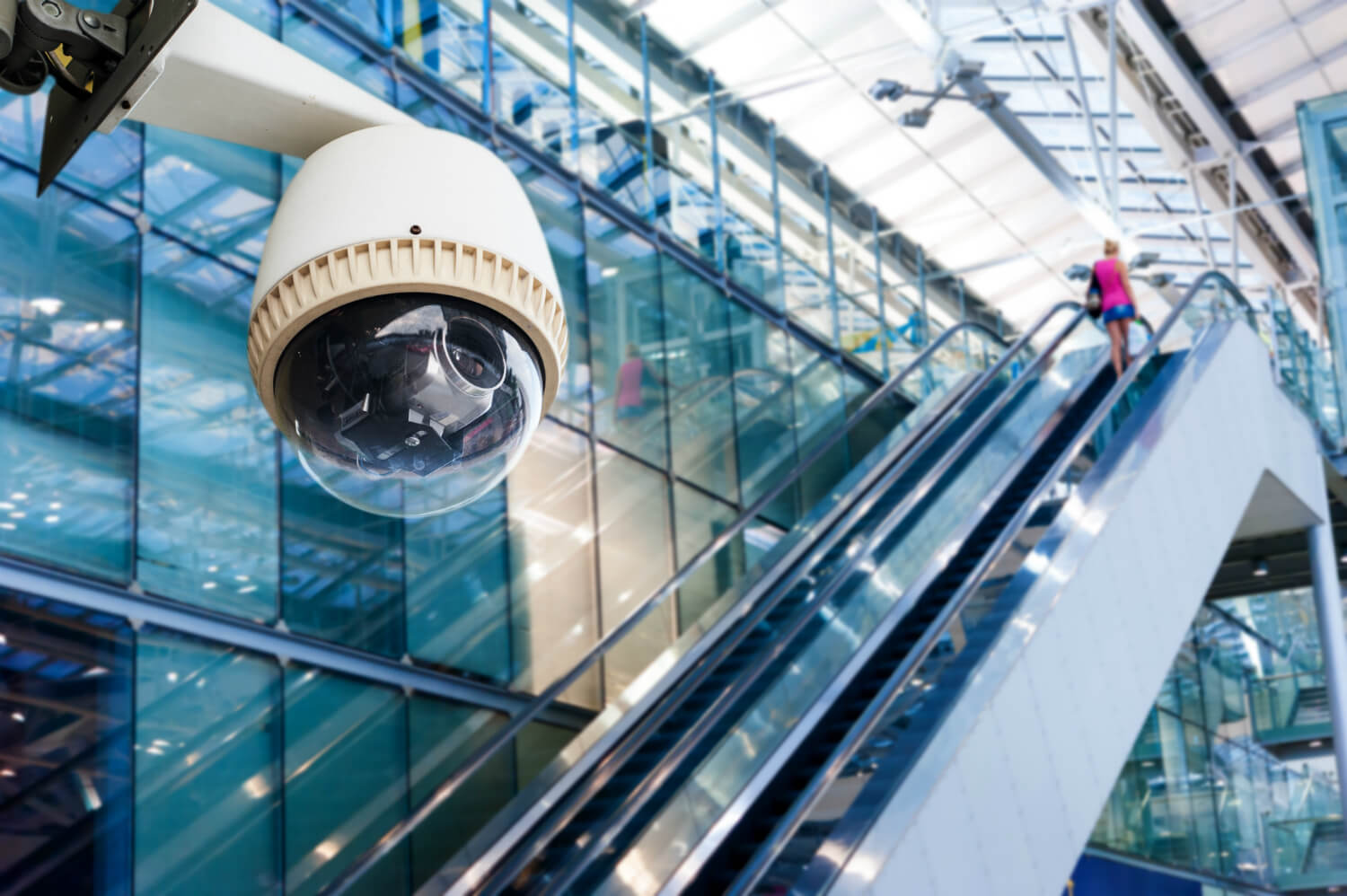We’re heading towards a world of perfect knowledge.
Soon you’ll be able to know anything you want, anytime, anywhere, and query that data for answers and insights.
Why is this happening? And what are the implications? These are the questions this blog will explore.
An explosion of ubiquitous, omnipresent cameras
The first digital camera built by Kodak in 1976 was a 0.01 Megapixel camera.
It was the size of a toaster and cost thousands of dollars.
Today’s digital cameras are 1 billion times better.
In a decade, they will be 1 trillion times better.
Where is ubiquitous imaging/sensing heading?
- Imaging from our streets: Fleets of autonomous cars will image everything in and around our roads, constantly. A single Google Autonomous car using LiDAR (laser imaging radar) generates over 1.3 million points per second (750 Mbits/sec of data) in a “360° view” (see image below).

- Imaging from space: Today there are three private orbital satellite constellations with two more being planned soon. These near-real time imaging services from space are offering 0.5 meter to 5 meter resolution of any spot on the planet, with video and multi-spectral options.
- Imaging from our skies: Beyond orbiting satellites, we will soon have armies of drones flying above our streets imaging the ground at centimeter resolution.
- Imagine from our sidewalks: Whatever Google Glass becomes, we’ll see a future where people walk around with always-on, active cameras that image everything on our streets, at millimeter resolution.
NOTE: These are examples just from the realm of ubiquitous imaging sensors. Beyond this, there will be an explosion of audio/vibration, genomics and biometrics sensors, to name just a few.
In the decade ahead, we’re heading towards a trillion-sensor world. In 2013, we generated 4 zettabytes (4x1021bytes) of data. Data generation is doubling every two years and accelerating. By 2020 we’ll be up to 44 zettabytes (i.e. 44 trillion gigabytes).
Then, with the power of machine learning, data science, increased computational power, and global connectivity we can process, learn from, explore, and leverage that information to ask and answer almost any question.
Questions we will be able to ask, and get answered…
Who caused that accident? While autonomous cars are unlikely to crash (bad news for the insurance industry), accidents caused by human-driven cars on the road will never be mysteries again. Imagery from LIDAR or equivalent sensors will tell you exactly who caused the accident and how.
How’s my competitor performing? Orbital satellite imaging can tell you exactly how many cars were in competitor’s parking lot last weekend. Which locations attract more shoppers? What is the status of your competitor’s supply chain – raw materials in, and finished products out?
Where did that gun-shot come from? ShotSpotter, a gunfire detection technology gathers data from a network of acoustic sensors placed throughout a city, filters the data through an algorithm to isolate the sound of gunfire, triangulates the location within about ten feet, then reports it directly to the police. It’s more accurate than info from 911 callers.
What is the most popular dress color Friday night in Manhattan? Want to know the fashion trends in your city? You will be able to gather images and mine them to determine the most popular colors and fashions on any street, mall or borough.
What is the prevalence of heart disease or Alzheimer’s in my neighborhood? This may sound disgusting, but imagine sampling the sewage coming out of your neighborhood. By analyzing the DNA in biological waste in those pipes, you can tell the prevalence of one disease over another in that community. Do you think that might be of interest to a health or life insurance company?
Who are the happiest people in the U.S.? Researchers from the University of Vermont used Mechanical Turk to rank thousands of words by “happiness” levels. They then wrote an algorithm that analyzed 10 million tweets, used the Mechanical Turk data as a training set, and determined which are the happiest U.S. states (Hawaii) and the saddest (Louisiana). They could even explore semantic trends down to the zip-code.

Consequences for the Entrepreneur/CEO
I think about this stuff a lot. We live in the most exciting time ever. As we move towards a world of perfect information, we are going to be disrupting many industries and creating even more entrepreneurial business opportunities.
Which industries are going to change because of this data revolution?
All of them.
[image credit: surveillance courtesy of Shutterstock]



